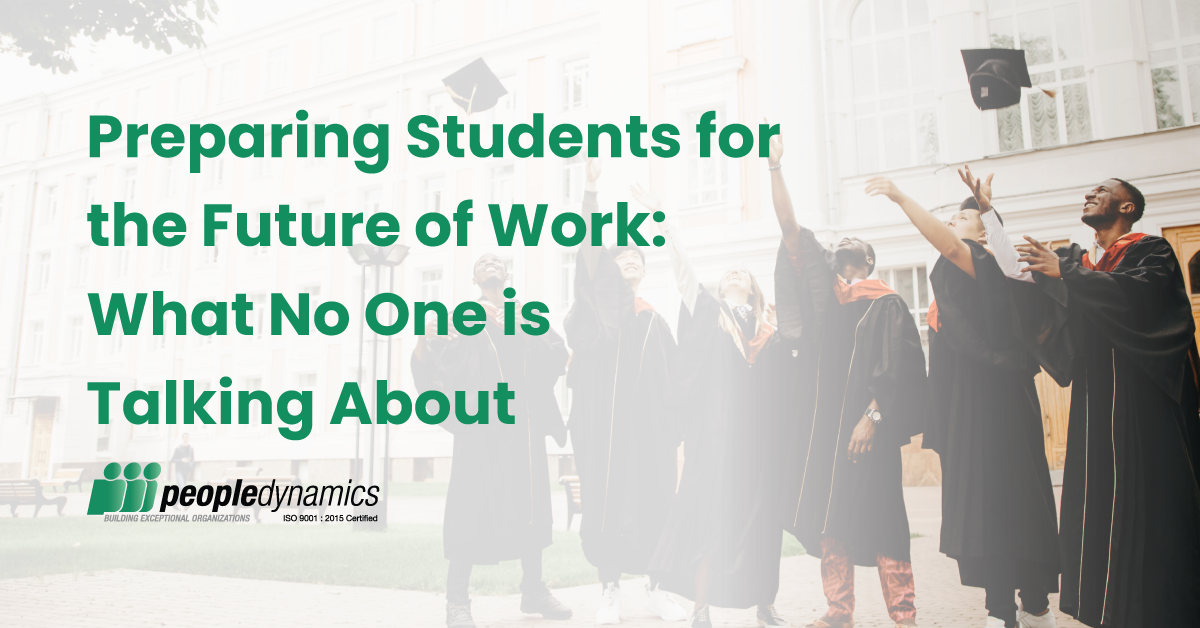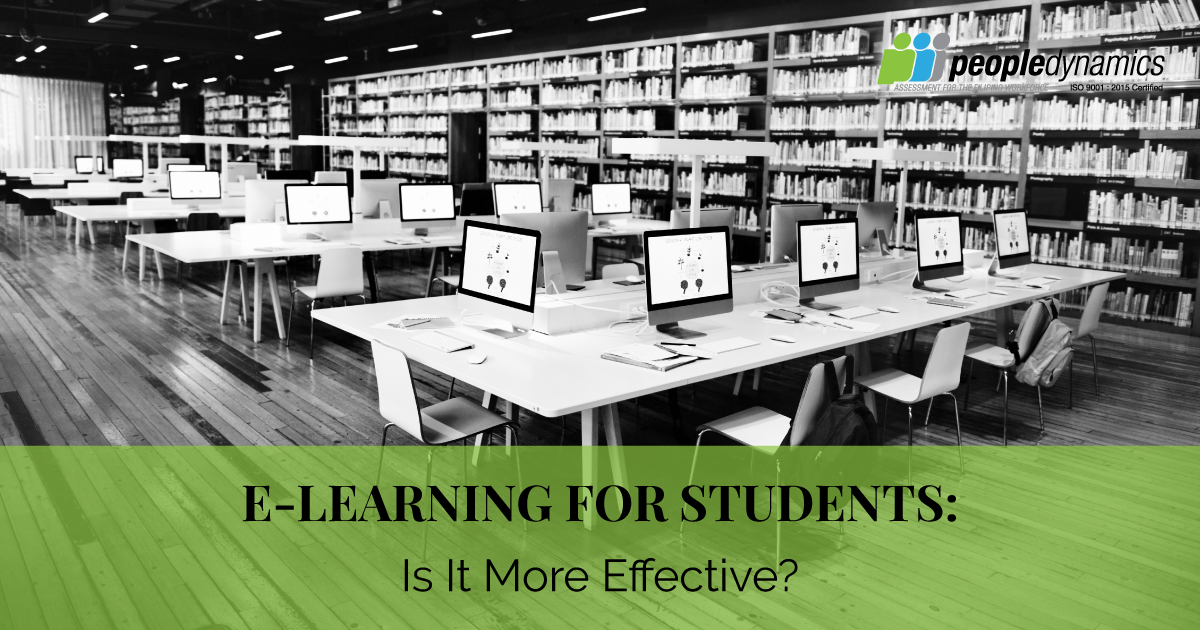Choosing a career for a student is a big deal. After all, a substantial portion of their lives will be spent pursuing it. Some already know exactly what they want or have general ideas of it. Others, however, may not know what they should choose. No matter where your students stand, schools can always give some pointers or assistance to help them choose wisely. Here are some ways schools can help their students choose their careers!
3 Ways Schools Can Help Students Choose Their Careers
Conduct career orientations
How will your students choose their careers if they don’t know which options are out there? This is where career orientations come in. Career orientation is a career development instructional guidance program designed to prepare students to have a greater understanding of educational and career opportunities and options and to assist them in making meaningful and informed career choices.
Some colleges and universities conduct this as part of the pre-graduation requirements of students. However, career orientations are also helpful for younger students, especially before entering Grade 11, where they have to choose a strand (General Academic; Science, Technology, Engineering, and Mathematics; Accountancy, Business, and Management; and Humanities and Social Sciences) for their academic track.
Give them career exploration assessments
In the Philippines, we have the National Career Assessment Examination or NCAE, taken by all Grade 9 students in both public and private high schools. The NCAE is a test that measures the students’ aptitudes and skills and to estimate what field or discipline they can excel in. The test is mandatory, however, the results, according to DepEd, are recommendatory.
Aside from this, you can also develop or acquire career exploration assessments to provide better guidance to your students. While the NCAE is a powerful tool, remember that it also has its limitations. For example, there have been cases where the NCAE was postponed due to logistical and administrative limitations. It also takes around 3 to 4 months for the results to reach the student. Having your own career exploration assessments can help you avoid these problems. You can choose to create them or have them developed or provided by an external supplier.
People Dynamics offers the Profiles Career Keys (PCK) and the Profiles Academic Clusters (PAC), assessments that utilize our cutting-edge, job match technology for a well-informed career exploration and selection. These assessments suggest academic tracks, courses, and professions where a student is most likely to succeed in, where suggestions are based on the profiles of successful people in their respective fields and have similar abilities, interests, and work values. We also offer test development services, with the test battery depending on your requirements and desired outcome.
Have one-on-one counseling sessions
Tests alone aren’t enough in helping students choose their careers. Aside from an individual’s interests and abilities, other factors can affect their decision, such as family expectations or financial capability. Having one-on-one counseling sessions can be a place to discuss these obstacles in a student’s chosen career.
The career counselor, first of all, must be able to explain the results of the career exploration assessment to the student, tell them the advantages and disadvantages of pursuing each path, and give them the clarity and understanding to make the right decisions.
In the Philippines, an individual will spend an average of 16 years in school, from elementary to college. An individual spends almost one-fifth of their life in academic institutions. Their experiences during this time have a considerable impact on their future. That’s why it’s only fair and important that schools provide guidance to their students and prepare them for the real world.




